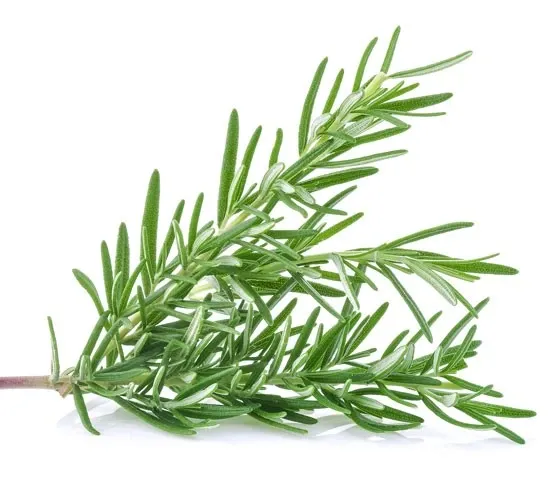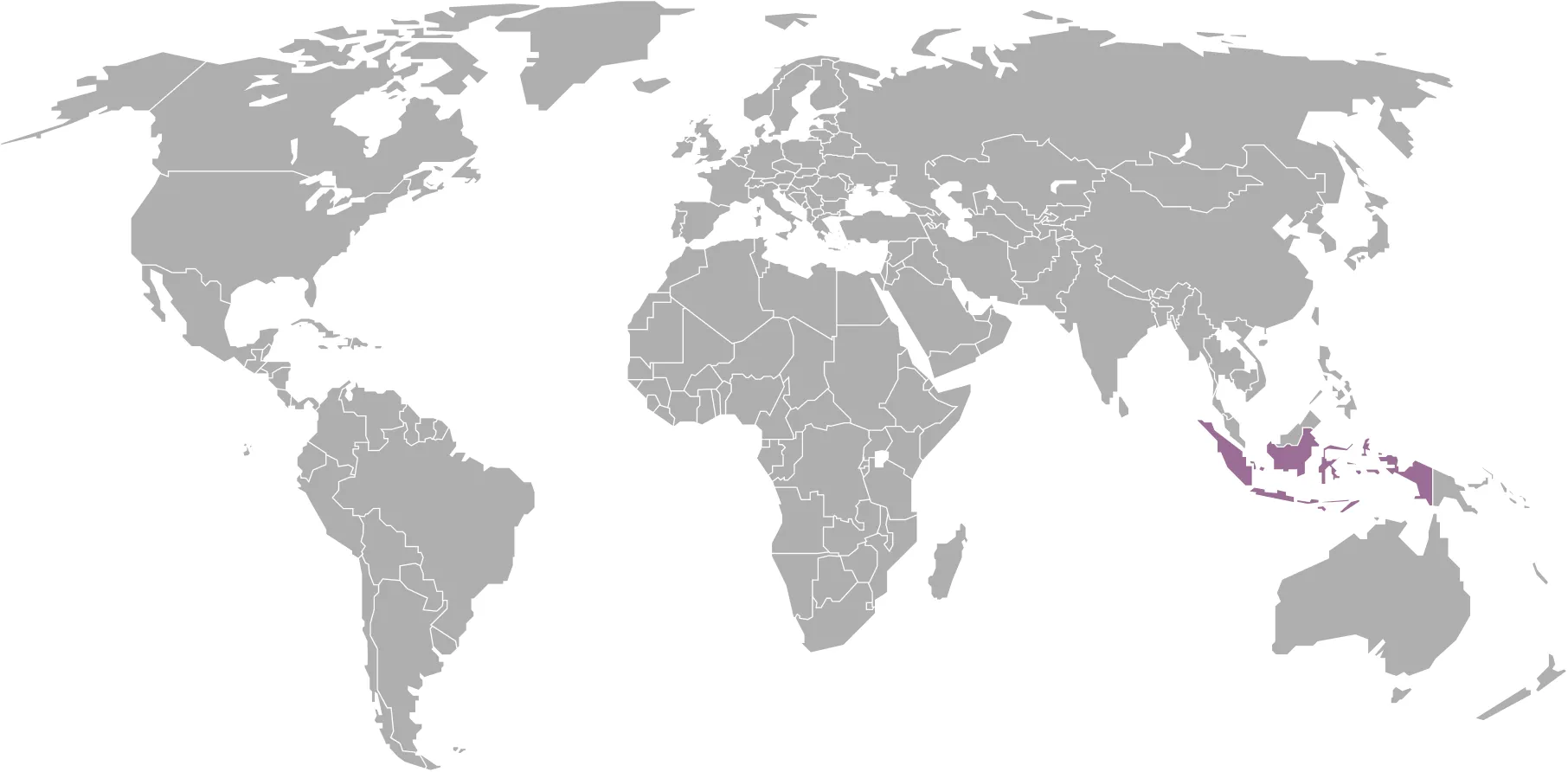Rosemary oil
Rosmarinus officinalis
CAS Number
-
HS Number
3301.29.00
Botanical Name
Rosmarinus officinalis
Botanical Family
Lamiaceae
PRODUCT TYPE
Flowers Extract
TECHNICAL APPLICATION
OLFACTIVES FAMILY
Leave Oil
FORMULA
C10H18O
IUPAC
-
MANUFACTURE PROCESS
Rosemary oil is obtained from the leaves of the rosemary plant (Rosmarinus officinalis) through steam distillation.
Synthetic production can involve mimicking the natural biosynthesis pathway of rosemary oil constituents, starting from simpler starting materials and undergoing chemical transformations.
APPLICATION
Aromatherapy: Rosemary oil is often used in aromatherapy to promote relaxation, improve mood, and reduce stress. Its invigorating scent can help stimulate the mind and increase alertness.
Hair care: Rosemary oil is believed to promote hair growth and improve scalp health. It can be added to shampoos, conditioners, or carrier oils and applied to the scalp to stimulate hair follicles and strengthen hair strands.
Skin care: Due to its antimicrobial and antioxidant properties, rosemary oil is used in skincare products to treat acne, reduce inflammation, and rejuvenate the skin. It can be diluted with a carrier oil and applied topically to the skin.
Pain relief: Rosemary oil has analgesic properties and can be used topically to alleviate muscle pain, headaches, and joint pain. Massaging diluted rosemary oil onto affected areas may provide relief.
Improving circulation: Massaging rosemary oil onto the skin can help stimulate blood circulation, which may aid in relieving muscle cramps and reducing the appearance of varicose veins.
Respiratory health: Inhaling the vapors of rosemary oil through steam inhalation or a diffuser can help clear congestion, relieve sinusitis, and support respiratory health.
Memory and cognitive function: Some studies suggest that the aroma of rosemary oil may enhance memory, concentration, and cognitive performance. Diffusing rosemary oil in study or work areas may help improve focus and mental clarity.
Insect repellent: Rosemary oil contains compounds that repel certain insects, such as mosquitoes and ticks. Diluted rosemary oil can be applied to the skin or clothing as a natural insect repellent.
Flavoring: Rosemary oil is used as a flavoring agent in culinary applications, particularly in Mediterranean cuisine. It adds a distinctive herbal flavor to dishes such as roasted meats, vegetables, soups, and sauces.
Household cleaner: Due to its antimicrobial properties, rosemary oil can be added to homemade cleaning solutions to disinfect surfaces and freshen the air in the home.
PRODUCT SPECIFICATION
Learn more about our products

SOURCING COUNTRIES
Indonesia

TECHNICAL DATA
| Appearence | Colorless to pale yellow liquid |
| Odor | fresh, woody, herbaceous aroma |
| Packaging | 30 Kg Net HDPE Jerry Can |

